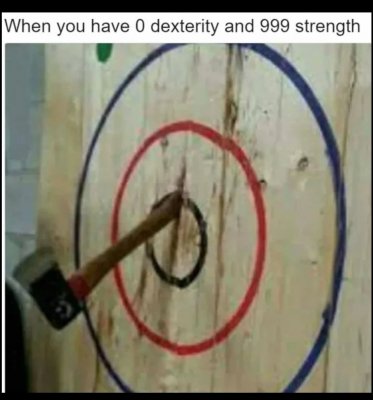"My question is, why is this the case? Why is it that people who are good at 1 thing are often also good at others?"
Why not?
Because someone asked WHY.
Did you ask why humans are born with 2 hands and not 20 hands?
No?
Why not?
Becuase people wonder about things that conflict with their experience. It's not usually the case that doctors are good at car mechanics.
The problem may only be nature's conflict with the ideological context of our own thinking.
We grew up expecting some sort of grand equality or fairness from the start, as though God gave some people this "gift," and then to be fair God gave other people another "gift" of some other sort. The problem is that nature is objectively unfair.
Sure. Most people believe that if their dads and mums did well, then they would, automatically. They rarely stop to ask themselves how hard their dads and mums worked to get there, and if they are putting in anywhere near the kind of effort their parents did that would justify an expectation of similar results.
Then when they make very little effort, and don't get very far, they say "Unfair! Unfair!"
They didn't work hard. Their parents did. That's the equation.
We obviously would not have such expectations for athletic ability; somebody who can run much faster than average around the track is also expected to be, more likely than not, able to do more push-ups than average in one minute, and more sit-ups in one minute, and more laps in the swimming pool in ten minutes, and push more weight on the squat rack, and so on.
Sure. But for the exact same reasons, we expect that someone who is good at car mechanics, is usually also good at plastering, and painting, and building. That's usually true.
The many facets of intellectual ability are related to each other, much like the many facets of athletic ability.
Not necessarily. Athletics relies on physical strength, agility, dexterity, and other similar skills. For the most part, you use similar muscles in different athletic games.
Intellect depends on knowledge and application of that knowledge. The ability to apply that knowledge might be the same for different subjects. But the knowledge is different.
And general intelligence is related to such boring physical variables like brain size and neural speed. And, g is of course mostly a function of genetics.
Elephants have much bigger brains than humans, and being an elephant and not a human, is genetic. In that case, elephants should be much smarter than humans.
"And what can we do to improve not just our IQs but those of large groups of people who currently test poorly on IQ tests, and bring about a better world?"
Easy answer, though it may occur to you only if you pay much attention to the popular science news (though I generally hate popular science news). We are now living in the dawning of the age of CRISPR, when we can change genetic differences more cheaply, easily and safely than we can change environmental differences. We really need to get a handle on this new age, fast. It needs to be a favorite topic of dinner table conversations. No American presidential candidate talked about it, not even Andrew Yang. The best we have is Zoltan Istvan of the Transhumanist Party. It is like a bad joke.
Well, you are probably too young to remember the 11+ exams.
Schools would test students at 11 years old in a variety of subjects, and then combine the results. Then based on your results, students would be selected to go to different schools that taught to different levels of ability, and would follow on from there to go to university and become a lawyer/doctor/scientist, or to go to learn a trade and become a plumber/builder/plainter.
The basic premise of these tests was that intelligence was genetic, and your genes might change with your kids, but NOT with you, certaintly not at that point as no-one had CRISPR technology then. Therefore, anything genetic was fixed for your entire life, and so your intelligence was fixed and unable to be increased or decreased. Therefore, if they could test your IQ at 11, they could assume that would be the same throughout life, and would thus be a reliable indicator for if you would make a good scientist or not.
The scores from different subjects were combined, because back then, it was believed that if someone was good at maths, they would be good at everything, and if they weren't that great at maths, they would probably not be good at anything requiring advanced reasoning, and would probably make a good sh*t-shoveller, but could never be a good doctor, lawyer or scientist.





